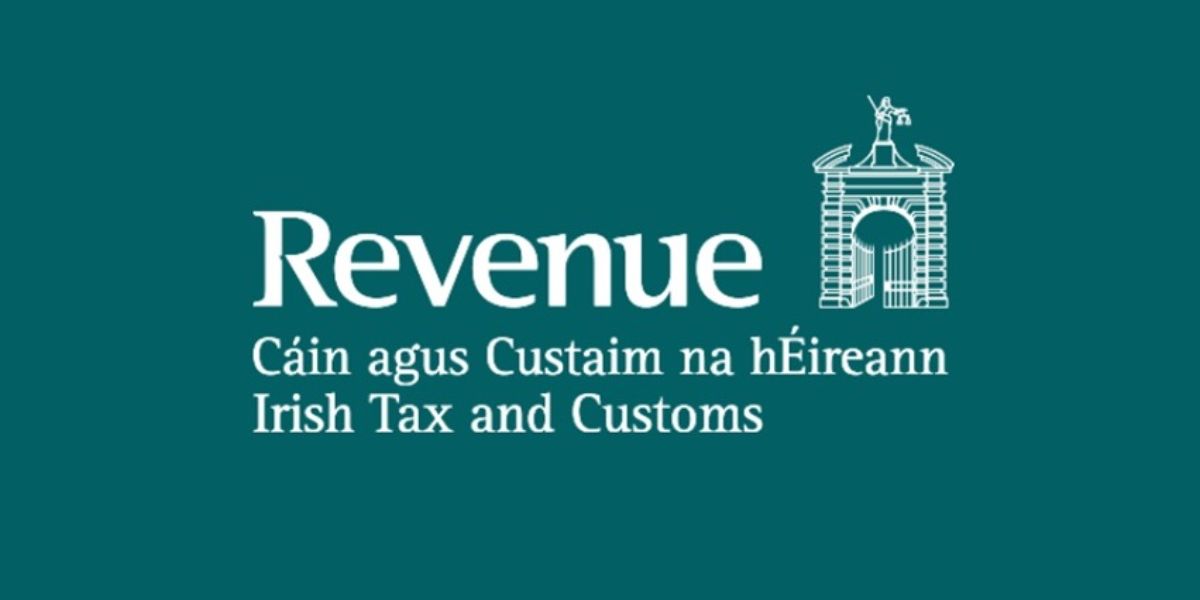On 17 July 2015 the Irish Revenue issued eBrief 73/15 outlining the practical implications of certain decisions of the European Court of Justice (ECJ) in value added tax (VAT) cases. The issues are related to VAT issues for pension funds.
Supply of management services to pension funds
The decision of the ECJ in the Wheels Common Investment Fund and ATP cases determined that defined contribution occupational pension schemes could be regarded as special investment funds under the EU VAT directive Art. 135. (1) (g) if particular conditions are satisfied. Art. 135 (1) of the VAT Directive sets out the transactions that should be exempted from VAT by EU member states. Art.135 (1) (g) includes within these exemptions the management of special investment funds as defined by member states.
As a result of the decision of the ECJ the Irish Revenue considers that defined contribution schemes are within the definition of special investment funds for the purpose of the VAT exemption. It therefore follows that management services supplied to defined contribution pension schemes are exempt from VAT. The Irish Revenue considers however that defined contribution schemes with just one member do not come within the exemption.
A defined benefit scheme, on the other hand, cannot in the view of the ECJ come within the scope of a special investment fund and the VAT exemption will not apply to services supplied to defined benefit schemes.
Pension fund costs
The ECJ has also provided guidance in the PPG Holdings case on the entitlement of an employer to claim back the VAT incurred on setting up and managing an employee pension fund. As a result, the Irish Revenue has conceded that an employer may deduct in the VAT return the VAT paid on the cost of setting up, managing and administering assets of an employee pension scheme provided that certain conditions are fulfilled.
The conditions are that the costs incurred are a part of the general costs of that employer and therefore constitute inputs into the taxable goods and services supplied by that employer. The costs must be invoiced to the employer and must be paid by the employer rather than being borne by the pension fund itself. The right to deduct input tax depends on the connection between the costs incurred and the taxable activities of the employer.














